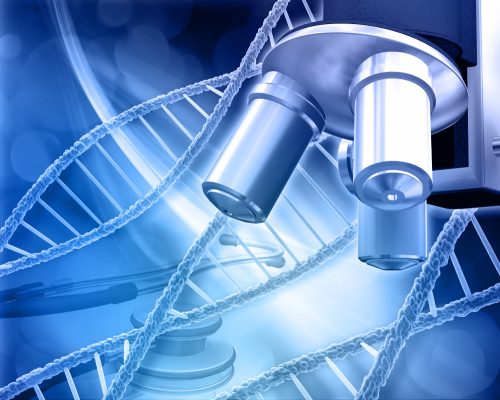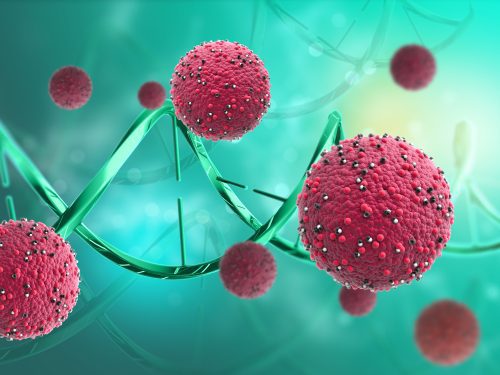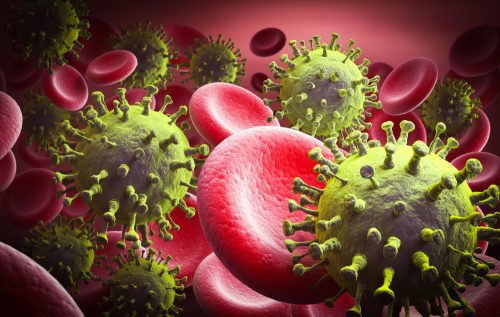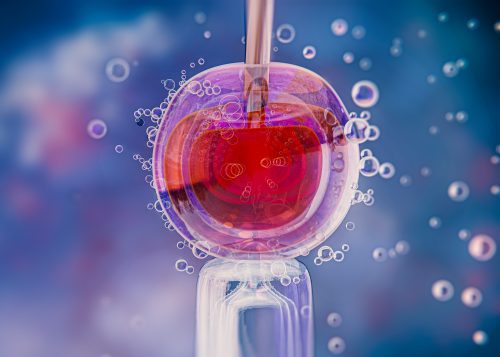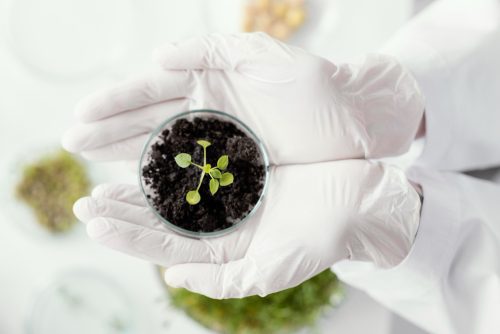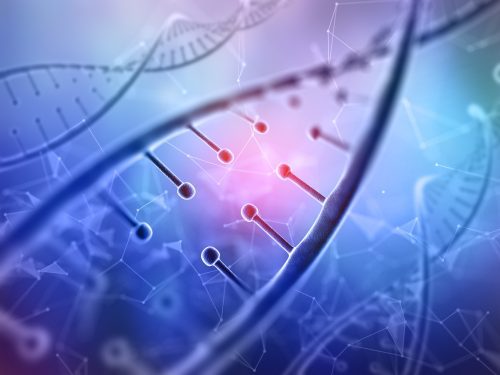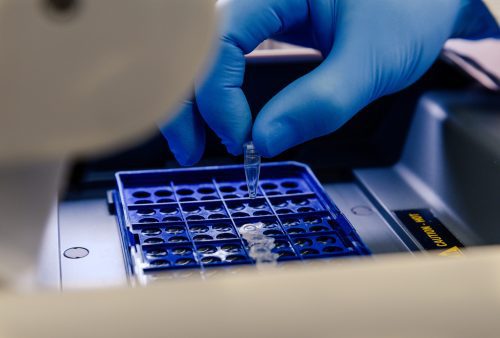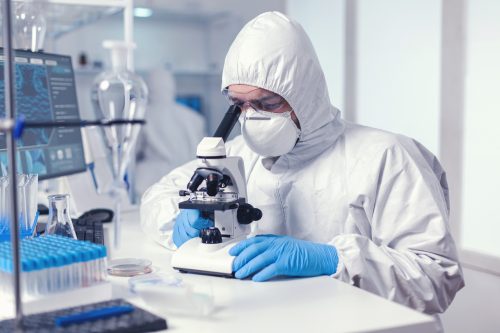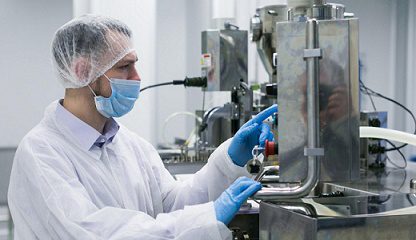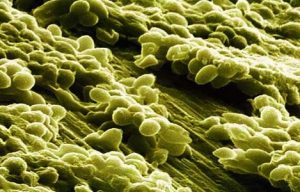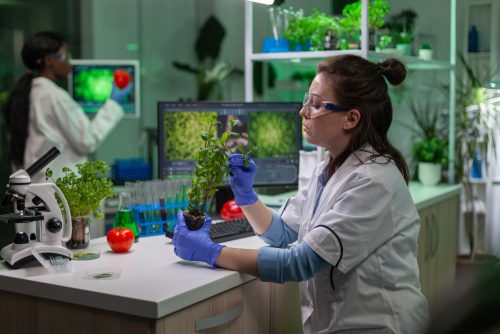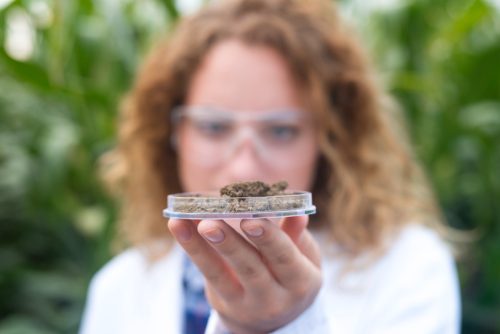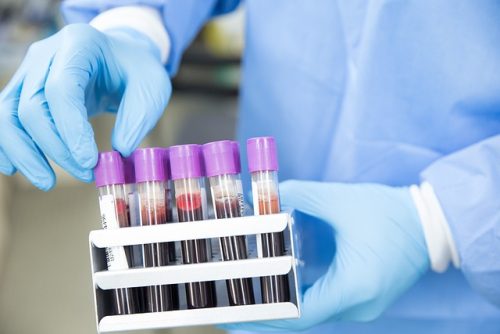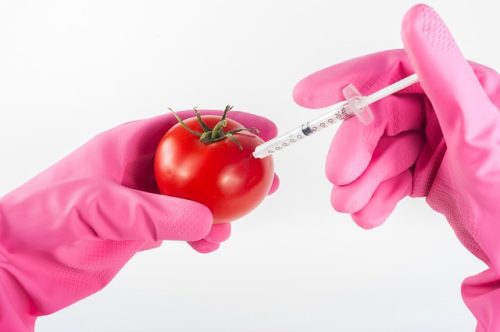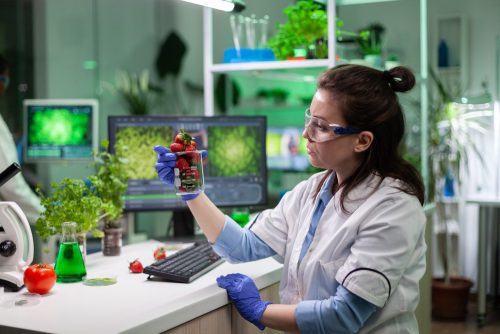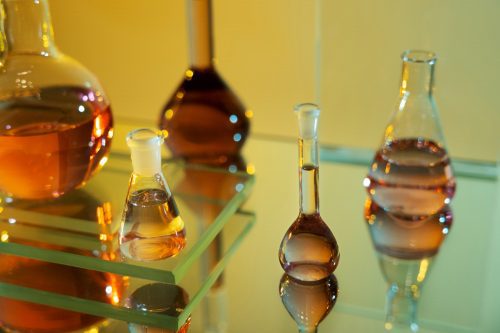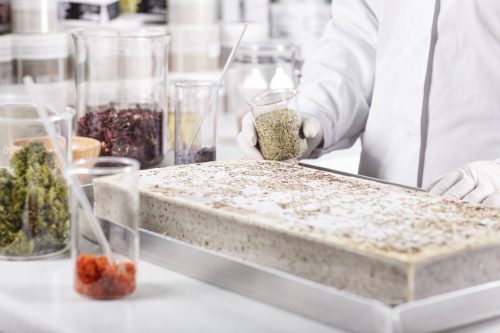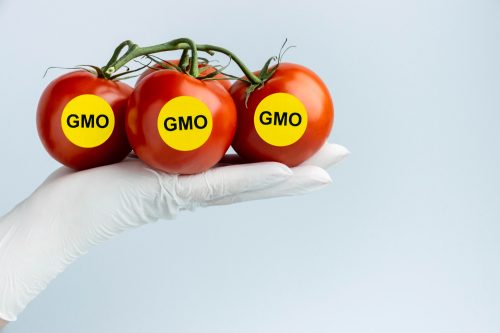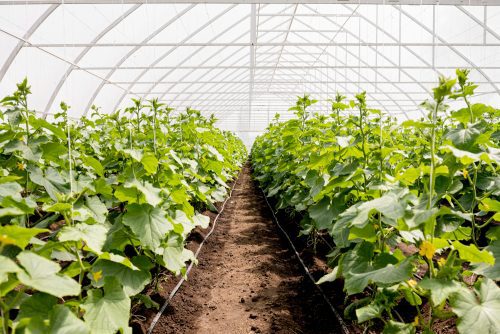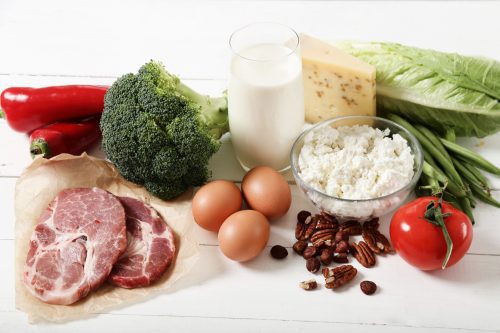Biotechnology Training Programs
What was fatal a century ago is now curable. In order to find solutions, mankind has learned to combine many scientific disciplines. Over the years, scientists have become increasingly interested in the multidisciplinary topic of bio technology.
Biotechnology has left its mark everywhere, from the eradication of incurable diseases to the development of food supply. Biotechnology courses may be the solution if you are passionate about multiple scientific fields.
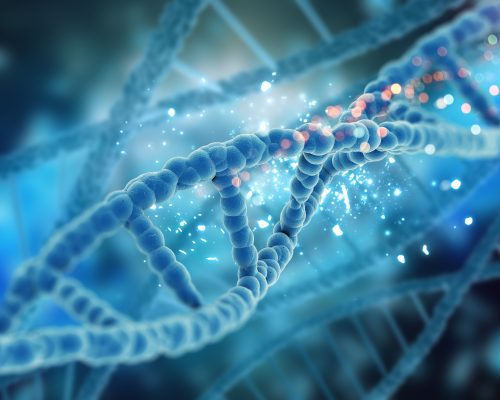
Short Courses
Our premium certification programs are the ideal approach to verify your abilities and develop your professional career. Completely ONLINE, without a complex application process or additional fees.
Course Details
Here’s How It Works
Expert Guidance
The Courses imparts through new online tutorial applications by which participants are guided 24X7.
Completely Online
Participants can work on their topic according to their ease at college, home or where internet connection is possible.
Access to e-LMS
Login credentials are provided to access LMS. One can share their views with other participants and can be self evaluated regularly.
Evaluation Assignments
Additional activities such as quiz , report and e- assignments & project work is completed under the guidance of Project Coordinator.
Access to Hands-on-Lab
Opportunity to perform selected experiments in lab under the guidance of an expert.
Certification
e-Marksheet & e-Certificate on the basis of Assignment, Final Examination & Project Report.
Curious LEARNers
Those who wish to learn something new and different from generalized technology may enroll themselves in this journey of innovative science.
Busy Professionals
Those who are already working and want to boost-up their skills with an advance knowledge in new science may choose these courses for an extra edge in their resume.
INTERMEDIATE STUDENTS
Those who are considering taking a short-term course after 12th grade, or considering higher education may specialize in some area in order to obtain a decent career.
Get your hands on these Bestselling Courses Now!
Why Biotechnology?
- Biotechnology is one of the most rapidly growing areas within the life sciences, much akin to the silicon chip technology in the physical sciences.
- Many of the most exciting research developments of the last decade come from basic biotechnology principles. Example include the use of enzymes in the synthesis of new drugs, recombinant DNA technology in identifying the basis of genetic diseases, gene therapy and the development of computational tools for manipulating gene sequences.
Aim: The aim is to provide students of various fields including biological/ Computer Science/ Agriculture/ Research & development/ Pharmaceutical/ Engineering and Academics a first level expertise in Biotechnology and its usage in the industry. It is a unique opportunity to complete the course with the Undergraduate or Postgraduate studies and acquire skills in the Biotechnology domain.
Latest Trends in Biotechnology
1
Artificial Intelligence
Startups in the biotechnology industry can scale up their operations by automating a variety of procedures thanks to AI. For example, AI is used by biopharma startups to expedite the drug discovery process by screening biomarkers and scouring the scientific literature for novel medicines.
2
Big Data
Due to the development of omics technologies, the incorporation of sensors, and the Internet of Things (IoT) devices, there is currently an unprecedented amount of data available in the field of biotechnology. Startups in the biotechnology industry may use this vast amount of data to fuel innovation thanks to big data and analytics tools. It makes it possible for biopharmaceutical companies to more successfully find participants for clinical trials.
3
Gene Editing
The precise editing of genomes through genetic engineering has advanced greatly from the time when foreign DNA was randomly inserted. Because of the invention of synthetic nucleases and more recently, CRISPR, as molecular scissors, gene editing has become more effective. By using gene editing techniques to add, replace, or silence certain genes, gene therapy can now be used to treat both hereditary illnesses and other conditions. Better transgenic plants and animals can be created thanks to targeted gene alteration.
4
Precision Medicine
Precision medicine is being used by biotechnology entrepreneurs to find new drug targets, find innovative drugs, provide gene therapies, and create new drug delivery methods. It also makes it possible to treat several diseases, including cancer, with personalized treatment.
5
Gene Sequencing
New sequencing methods and innovative uses for gene sequencing are being developed by biotechnology startups. Additionally, sequencing offers a quick and affordable way to identify the presence of microorganisms, including pathogens in dairy and clinical samples as well as advantageous soil bacteria.
6
Biomanufacturing
Automation and machine learning are also being incorporated into the industry's manufacturing methods. Biotechnology entrepreneurs provide bioprocessing 4.0 to optimize each stage of the production process by integrating Industry 4.0 models.
7
Synthetic Biology
Startups in synthetic biology address difficulties like computational drug design, cellular agriculture, and microbiome-based remedies. Bacterial cell factories produce useful biochemicals in large quantities for use in pharmaceutical, material, and food applications. Startups are creating human synthetic biology solutions in addition to solutions for bacteria.
8
Bioprinting
Bioprinting firms now provide a wide range of materials and products thanks to the emergence of additive manufacturing in biotechnology. These startups make use of bioprinters that use bio-inks made of bio-based or biomaterials. Cells serve as substrates and develop around a scaffold in medicinal applications. This makes it possible for personalized medicine to create bone, skin, or vascular grafts using the patient's own cells.
9
Microfluidics
The demand for lab-on-a-chip (LOC) devices is the driving force behind the interest in microfluidics in the BioTech sector. These compact labs make point-of-care (PoC) diagnostics easier by enabling quick, low-cost testing for infectious diseases. Startups are also creating paper-based microfluidics for environmental monitoring and diagnosis. Organ-on-a-chip (OOC) devices that imitate the physiology of organs or organ types on tiny chips are where the technology finds more biopharma applications.
10
Tissue Engineering
The number of tissue engineering startups has increased significantly in recent years, in large part due to advancements in bioprinting and microfluidics. It facilitates regenerative medicine as well as the production of autologous tissue grafts for the treatment of burns or for organ transplantation. Startups are engineering tissues to develop sustainable alternatives to animal goods like meat and leather, which have traditionally only been used for biomedical purposes.
HOW TO ENROLL?
Registration
Register on the Nanoschool site and pay the Registration fee.
Application
Fill the application form and pay the course fee.
Payment
You may make payment through online mode.
Enrollment Successful
Hurray! You'll get your login credentials within 48 hrs.
What You'll Get?
What's after this?
Here are the best biotechnology career opportunities:
- Biomedical Engineer
- Biochemist
- Medical Scientist
- Clinical Technician
- Microbiologist
- Process Development Scientist
- Biomanufacturing Specialist
- Business Development Manager
- Product Strategist
- Biopharma Sales Representative
- Medical Scientist
- Biotechnological Technician
- Medical and Clinical Lab Technologist
- Biomanufacturing Specialist
- Bioproduction Specialist
- R&D Scientist and many more
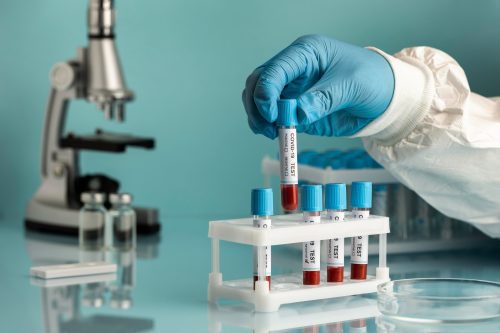
Frequently Asked Questions
Participants can submit their project work in form of Report of 20-30 pages or they may submit their work in form of an Article of 3-4 pages. Participant can directly share their work - [email protected]
Participants will be provided a format for article writing along with author guidelines. Our in-house expert will assist you throughout the tenure for article writing.
In your LMS , you will also get access to CHAT BOX where students can write their queries and It will be accessed equally by expert to resolve them.
- Students
- Graduation / Post-graduation / PhD in any scientific discipline.
- Those who are pursuing graduation in Science/ Engineering can also apply
- Experienced professionals, academicians and researchers too are advised to join NSTC’s advanced E-Learning program
Yes, you can add maximum 4 names in your article. But, publication certificate and training certificate will be received by participant only.
For young enthusiastic learners we can definitely provide some scholarship on the group enrollment basis.
An online program is a next level distance learning program in which the student is not required to come physically to a campus or a classroom regularly. He is required to study the interactive online study material through Internet at his own pace. Examinations are conducted at the end of program through online mode.
No. You do not have to attend any classes. NSC’S programs are fully online. But you have to attend the interaction session with the guide/ mentor of your program which will happen once or twice in a week in selected courses.

